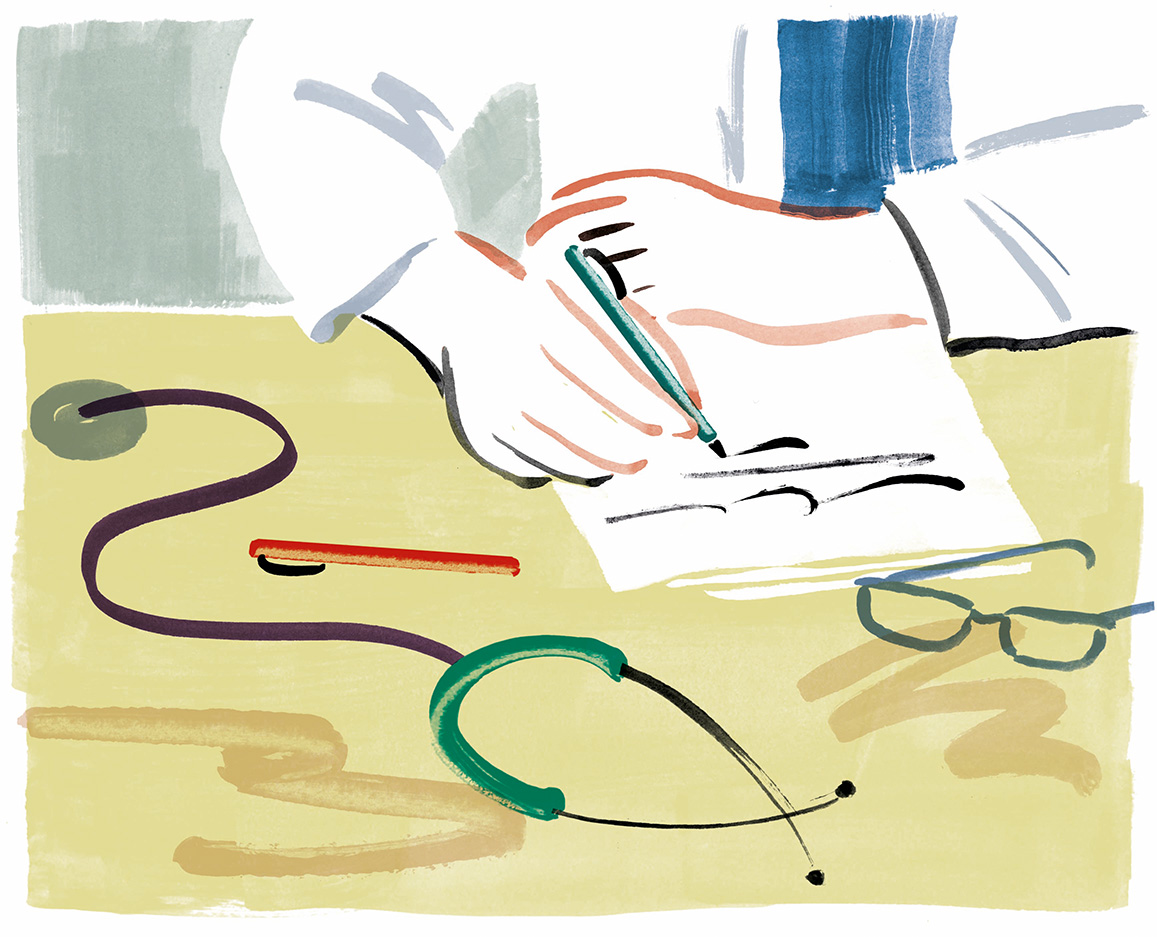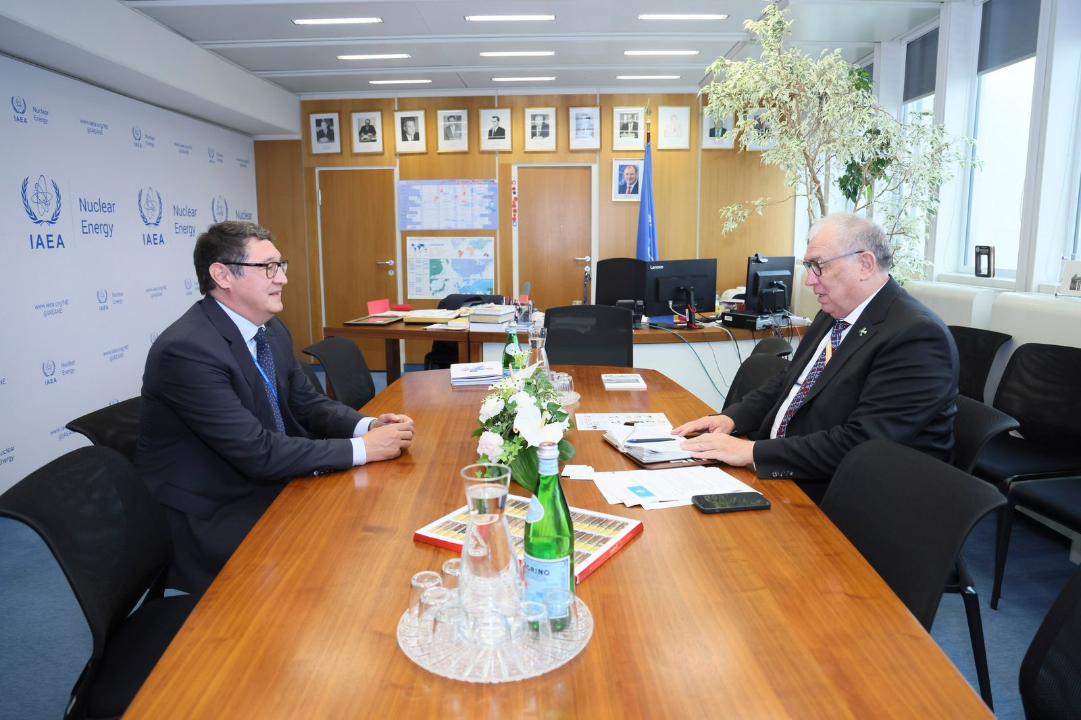Future-Proofing Brands: Ortum Consulting on Building Capability in an Age of Relentless Change

Marketing is changing faster than most organizations can adapt. Platforms, data privacy shifts, and the rapid adoption of generative AI are rewriting how content is created, targeted, and measured, while consumer attention fragments across more formats than ever. The urgent challenge for leaders is not simply which tactic to chase next but whether their teams can reliably turn actions into deliverable results that improve the company long-term.
Ortum Consulting is a London-based capability partner that applies decision, behavioral, and marketing science to help brands thrive in this shifting environment. Its mission is to translate rigorous evidence into micro-routines and tools that make change durable.
Rather than producing distant strategy documents that gather dust, Ortum builds handbooks people can consult. It also runs practice-first workshops that alter habits and implements measurement systems that reveal whether teams are learning properly. Solutions like e-learning, games, and scenarios urge people to apply learnings and create new habits in safe environments. This way, teams can drive more sales and create more impactful brands.
The commercial landscape makes this capability agenda urgent. In 2024, global advertising revenues were forecast to surpass $1 trillion and projected to reach $1.1 trillion in 2025. Generative AI is being integrated into marketing workflows at speed, even as many executives debate governance and deployment. At the same time, learning science demonstrates that information delivered in a single session decays rapidly unless it is practiced and reinforced.
Those conditions produce three recurring capability failures. Teams often receive training that sounds credible. However, this kind of training often lacks practicality and leaves practitioners unsure what to focus on. Individuals who understand a concept frequently struggle to translate it into the small, repeatable acts their roles demand, the micro-decisions inside briefs, packaging choices, and campaign cadence. Moreover, organizational systems such as KPIs, approval processes, and templates routinely push people back toward familiar, yet ineffective habits.
Ortum confronts those gaps with a disciplined “know, do, measure” architecture. The firm begins with diagnosis: interviews and audits to surface where knowledge, desired behavior, and environment are misaligned. It then co-designs tailored solutions such as interactive, role-specific workshops, exercises, and workbooks so teams learn and rehearse the exact choices they must repeat. Finally, Ortum translates new habits into the organization’s existing templates, processes, and KPIs so new habits survive the pressure of old routine rather than remaining an optional appendix.
Max Stricker, Ortum’s founder and director, shares, “The global marketing function faced a critical challenge: how to establish a shared, consistent approach across all different markets that would be both scientifically grounded and tailored to their brand.” Based on this brief, Ortum created a science-based solution in the form of a digital handbook. This digital handbook provides a clear, practical framework for brand-building. It aligns global and local marketing teams around proven principles. It also incorporates the client’s own data and examples to ensure relevance and ownership, as well as create a resource that would remain useful for years, even as teams and individuals change.
Ortum is not only improving efficiency and problem-solving in teams. The company is also helping teams with their creativity. Ortum’s frameworks, the ARTS model for creative effectiveness and the ASSET approach for distinctive brand assets, are designed to be portable and customizable across categories and markets. They translate robust behavioral and memory science into straightforward principles. This includes identifying which visual or auditory cues to protect, how to reinforce recognition, and how to incorporate them in the briefs.
Consistent cues improve recognition and potentially increase the likelihood of being chosen. Teams typically see creative briefs becoming crisper, rounds of rework fall, approvals speed up, and campaign distinctiveness rises in a way the team can see and attribute to new daily habits. It usually leads to better efficiency as teams spend less time debating what decisions to make.
“Ideas are easy; changing what people do every morning is hard. Capability is what turns intention into measurable outcomes,” Stricker says. “We give teams maps, rehearsal paths, and simple principles so science learnings become habitual.”
Overall, if the next decade belongs to brands that can convert complexity into impactful actions, capability must be treated as infrastructure rather than an optional project. Audit where knowledge, behavior, and systems misalign; teach by rehearsal; embed practice into the templates and KPIs people use every day.
Ortum has applied this formula from London and beyond, proving the method scales across markets and contexts. The firm aims to help more teams utilize proven scientific principles and deliver visible business outcomes that justify the investment, quarter after quarter, reliably.



